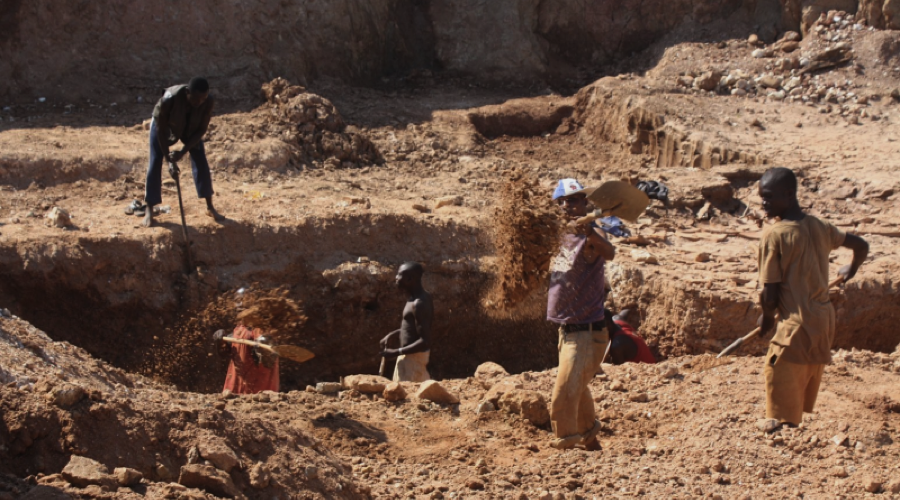
Zimbabwe’s government approved a proposal by a group of Chinese investors to establish a $2.83 billion battery-metals park that will process metals including lithium, platinum and nickel, its latest plan to revive its moribund economy.
Hong Kong Eagle International Investment Holding Ltd. and Pacific Goal Investment Ltd. intend to develop an integrated industrial park that will include lithium-salt and nickel-sulphate plants, and a nickel-chromium alloy smelter, Eagle International said in documents seen by Bloomberg and verified by Secretary for Mines Pfungwa Kunaka. An agreement on the plan will be signed later on Friday, Deputy Mines Minister Polite Kambamura said.
“The goal of the New Energy Special Economic Zone Industrial Park is to develop an industrial value chain represented by new energy metals such as lithium and nickel, to increase the added value of the mineral products and form a new energy production base that embraced the world while based in Africa,” the company said.
An accelerating shift to electric vehicles and soaring lithium prices have drawn investor interest to Zimbabwe. Chengxin Lithium Group Co. and Sinomine Resource Group Co. are setting up a joint venture to explore for the metal and Zhejiang Huayou Cobalt Co. plans to invest $300 million to develop the Arcadia lithium mine in the northeast of the country.
Still, Zimbabwe has announced several other major projects in the past that haven’t come to fruition. President Emmerson Mnangagwa’s government has announced more than $27 billion of planned investment since he came to power in November 2017, though the country has little to show for it. Platinum mine projects that were backed by Russian and Cypriot investors have shown little progress, as has a plan to revitalize a state-owned meat-processing company.
The economy has been roiled by two decades of political and economic instability after the seizure of land owned by White commercial farmers in 2000 triggered the imposition of sanctions on the country by the US, UK and the European Union, as well as number of smaller nations. Debts to multilateral lenders have gone unpaid and there have been two bouts of hyperinflation.
The planned agreement with Eagle International and Pacific Goal is “a major milestone for us,” Kunaka said by phone. There were no details on how the project will be funded in the company documents and Bloomberg wasn’t immediately able to find contacts for officials at Eagle International and Pacific Goal for comment.
The 30-50 square-kilometer (19-square-mile) battery-metals park is expected to be completed by the end of 2025, according to the documents. It would be situated in Mapinga, about 48 kilometers (30 miles) northwest of the capital, Zimbabwe.
Among the projects planned at the park are two 300-megawatt power plants to be built at a cost of $250 million each to provide electricity to the various refineries — the first is expected to be completed by 2024 and the second a year later. Other proposed infrastructure includes a nickel-sulphate plant at a cost of $1 billion, a nickel-chromium alloy smelter at a cost of $500 million, and a $450 million lithium-salt plant, the documents show.
Lithium carbonate, lithium hydroxide and nickel sulphate are raw materials used to produce lithium batteries, which are used for solar-energy storage. Nickel-chromium alloys are used in stainless steel production.
(By Godfrey Marawanyika)
Comments
Nella Ellams
This is a very biased report, the country fed many neighbours and had a bouyant economy despite sanctions. But through corruption and bad management the government are now selling its natural resources to line their own pockets and the people have no food or jobs and sky high inflation, so sad for these wonderful people!